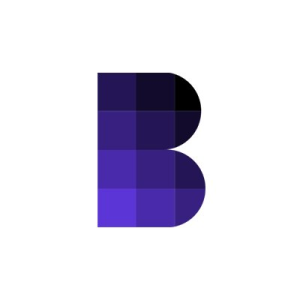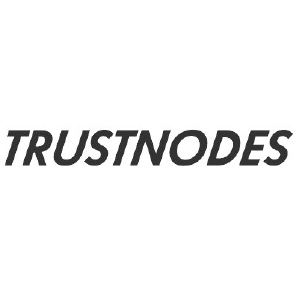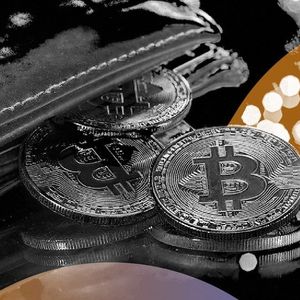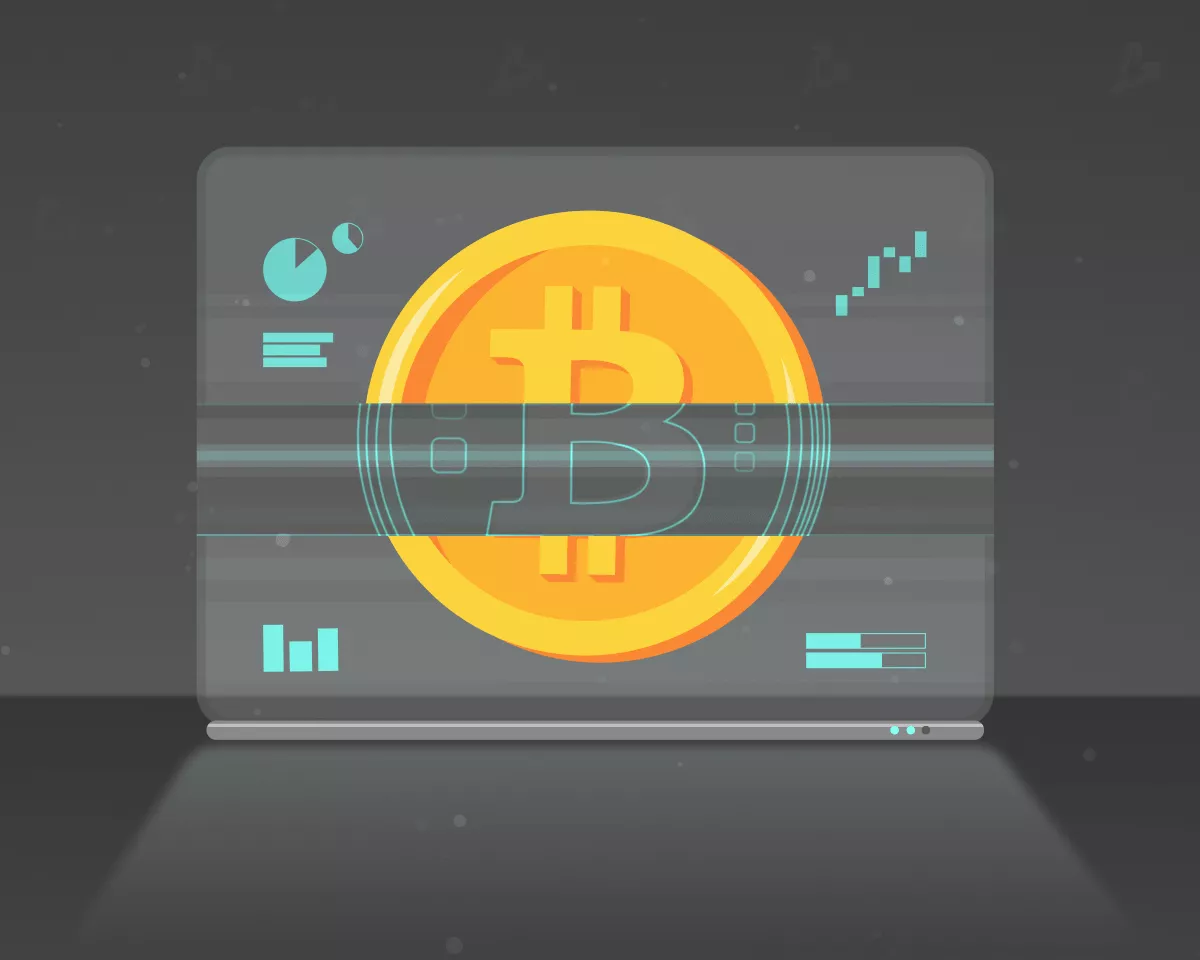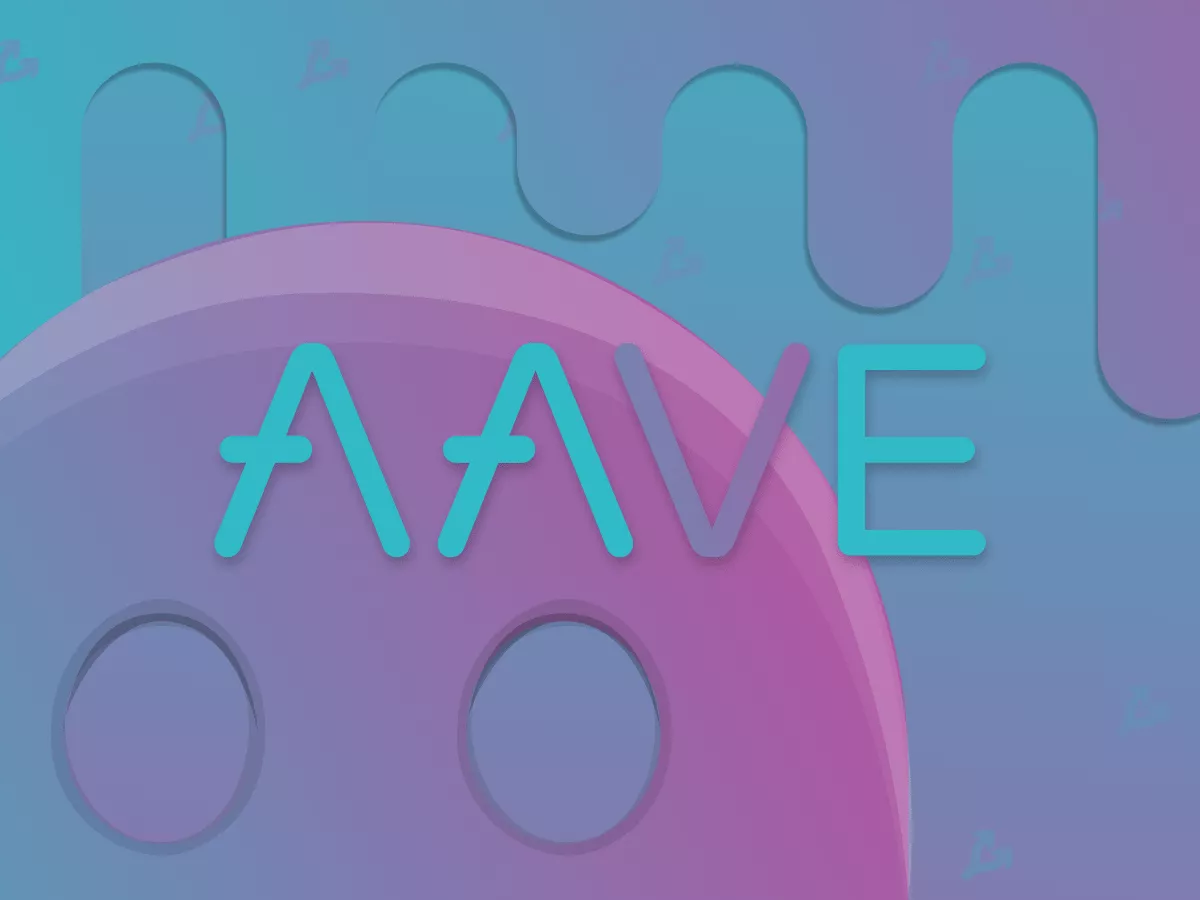Two major crypto firms, Bitget and OKX, are accelerating their global strategies through regulatory approvals and product integrations. Bitget has secured a license to operate in Georgia’s Tbilisi Free Zone, enabling it to offer spot, futures, and copy trading within a locally regulated environment. At the same time, the company has launched QR-based stablecoin payments in Vietnam, broadening crypto’s real-world utility. Meanwhile, OKX has partnered with Consensys to integrate its DEX aggregator and MEV protection tool SERVO into MetaMask, enhancing decentralized trading speed, liquidity access, and user safety. OKX and Consensys Partner to Bring High-Speed DEX Aggregator to MetaMask Global crypto exchange OKX has partnered with Ethereum software powerhouse Consensys to integrate its DEX aggregator directly into MetaMask, which is one of the most widely used wallets in the Web3 ecosystem. The integration is designed to deliver faster trade execution and reduced slippage across a multichain landscape, marking a significant advancement in decentralized trading accessibility and performance. According to a press release, the collaboration links OKX’s advanced decentralized exchange (DEX) API with MetaMask, unlocking access to liquidity from over 500 DEXs across 25 blockchains. By embedding OKX’s aggregator into MetaMask’s swap feature, the companies aim to enhance trade efficiency and asset discoverability for millions of users navigating the increasingly fragmented DeFi space. Swapping tokens using OKX DEX aggregator (Source: OKX) “MetaMask’s ambitious multichain strategy toward becoming a universal wallet for the Web3 ecosystem aligns with the connected blockchain ecosystem we’re helping to build,” said Jeff Ren, founder of OKX Ventures. “We share a vision of a more accessible blockchain ecosystem where technical barriers disappear.” Ren added that the OKX DEX aggregator connects MetaMask users to a vast network of liquidity sources, executing trades in under 100 milliseconds — a speed that rivals centralized exchanges (CEXs) and represents a milestone for DEX infrastructure. Beyond performance improvements, the partnership also includes a critical security enhancement. OKX Wallet has integrated Consensys’ SERVO, a solution developed to protect users against Maximum Extractable Value (MEV) attacks — a notorious threat in DeFi where malicious actors manipulate transaction order for profit. This is the first time SERVO has been integrated into a third-party wallet, and Consensys views it as a meaningful step toward user-aligned DeFi innovation. “MEV remains a complex challenge,” said Jason Linehan, chief strategy officer at Consensys. “OKX’s integration of Consensys SERVO reflects a strong commitment to user safety and protocol-aligned innovation.” Decentralized Trading Reaches New Heights The OKX-Consensys alliance arrives at a pivotal moment for onchain trading. With advances in aggregator speed and liquidity access, decentralized trading platforms are approaching execution parity with centralized counterparts, blurring the line between DEX and CEX performance. DEX to CEX volume ratios continue to climb, Ren noted, citing increased demand for self-custodial trading alternatives. He emphasized that the future of crypto trading will rely on a healthy interplay between DEX aggregators, specialized decentralized protocols, and centralized venues — each playing a role in liquidity optimization and ecosystem resilience. This vision resonates with a broader trend across DeFi: reducing user friction while enhancing protocol security, especially as more capital migrates to onchain markets. This isn’t the first time OKX’s DEX infrastructure has made headlines in recent months. In March, the company temporarily shut down its DEX aggregator after identifying an exploit attempt linked to North Korea’s infamous Lazarus Group. The incident occurred amid an ongoing EU regulatory probe into the role of OKX Web3 and its wallet tools in facilitating illicit transactions following the $1.5 billion Bybit hack. In response to these developments, OKX has significantly fortified its defenses. New features include real-time blocking of suspicious addresses, transaction warnings, and third-party audits from firms like CertiK, Hacken, and SlowMist. The platform has also launched a bug bounty program to proactively detect and address vulnerabilities. A New Era for Wallet-Native Trading The partnership between OKX and Consensys signals a transformative moment for Web3 wallets, which are rapidly evolving from passive asset managers into full-service financial interfaces. MetaMask’s integration with a high-speed aggregator and MEV defense layers shows the wallet’s growing ambition to become a central hub for multichain DeFi engagement. As wallets like MetaMask evolve and protocols like SERVO become standard defenses, user expectations are shifting toward CEX-grade performance with DeFi-native security and control. In this context, the OKX-Consensys collaboration is not just about aggregation — it’s about redefining what self-custody trading can look like in the next generation of Web3. Bitget Secures Regulatory Approval in Georgia, Expands Crypto Services Amid Global Growth Push Meanwhile, crypto exchange Bitget has received official regulatory approval to operate within Georgia’s Tbilisi Free Zone (TFZ), a move that marks a significant milestone in its European expansion strategy and broader global ambitions. The approval enables Bitget to offer a full suite of digital asset services, including spot trading, futures, and copy trading, in a fully compliant, locally regulated environment. In a statement issued Thursday, Bitget confirmed its status as a registered digital asset exchange and custodial wallet provider under Georgian jurisdiction, granting the platform enhanced credibility and operational leeway within a region known for its crypto-forward stance and favorable tax climate. Georgia: A Strategic Launchpad for European Crypto Expansion Bitget’s entry into Georgia underscores the country’s growing significance as a crypto hub in Eastern Europe. While the European Union continues implementing its Markets in Crypto-Assets Regulation (MiCA) framework, Georgia offers a proactive, business-friendly regulatory landscape that enables crypto companies to operate with more flexibility. As Europe moves toward MiCA implementation, Georgia stands out as a key market providing regulatory clarity, tax advantages, and real user adoption, according to Gracy Chen, CEO of Bitget. She emphasized that the move enhances the platform’s ability to serve users with secure infrastructure, including proof of reserves transparency and a dedicated protection fund for user assets. Georgia’s Innovation and Technology Agency (GITA) has also contributed to the country’s growing crypto ecosystem by offering grants and incentives to blockchain startups and digital asset firms. The government has been actively engaging with crypto companies to shape legislation that fosters both innovation and compliance. Bitget’s regulatory footprint continues to widen across the continent as MiCA legislation, which aims to unify crypto regulation across the EU, gradually comes into force. Through its affiliate Archax, Bitget holds authorization from the UK’s Financial Conduct Authority (FCA). Additionally, it is formally registered with Italy’s Organismo Agenti e Mediatori (OAM) and operates as a virtual asset service provider (VASP) in Poland, Bulgaria, Lithuania, and the Czech Republic. Bitget’s progressive alignment with regulatory frameworks across Europe gives it a competitive edge, especially as governments across the EU move toward tighter compliance and licensing requirements. For users, this means increased trust in the platform’s custodial capabilities and greater assurance of regulatory oversight. Bitget Wallet Expands into Southeast Asia with QR Payments in Vietnam In a parallel announcement reflecting the company’s global PayFi initiative, Bitget Wallet has launched national QR crypto payment support in Vietnam, using the country’s VietQR standard to allow everyday crypto transactions. Vietnam is the first market to implement this feature, enabling stablecoin payments for goods and services with major retailers and small businesses alike. “Users in Vietnam have already used Bitget Wallet to pay with stablecoins for everyday expenses like food, groceries, and retail items simply by scanning VietQR codes,” said Jamie Elkaleh, Chief Marketing Officer at Bitget Wallet. The new feature supports payments in USDT, USDC, and other stablecoins across various blockchain networks including Ethereum, Tron, Solana, Base, TON, and BNB Chain. An upcoming update will introduce auto-swap functionality, allowing payments with any token by automatically converting it at the point of sale. The QR payment integration is made possible through a partnership with AEON’s crypto payment framework, connecting Bitget Wallet to over 55 financial institutions, including VietinBank and Vietcombank. With over 2 million merchants nationwide accepting VietQR, the move positions Bitget Wallet as a front-runner in real-world crypto utility. Bitget’s QR initiative arrives at a time of evolving regulatory clarity in Vietnam. Just days ago, the National Assembly passed the Law on Digital Technology Industry, which for the first time formally recognizes crypto assets within a legal framework. Effective Jan. 1, 2026, the law establishes distinct definitions for crypto assets and virtual assets, while also introducing cybersecurity and anti-money laundering (AML) requirements that align with Financial Action Task Force (FATF) global standards. This development sets the stage for the regulated development of Vietnam’s fast-growing digital asset sector.




